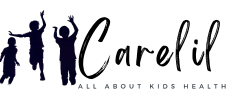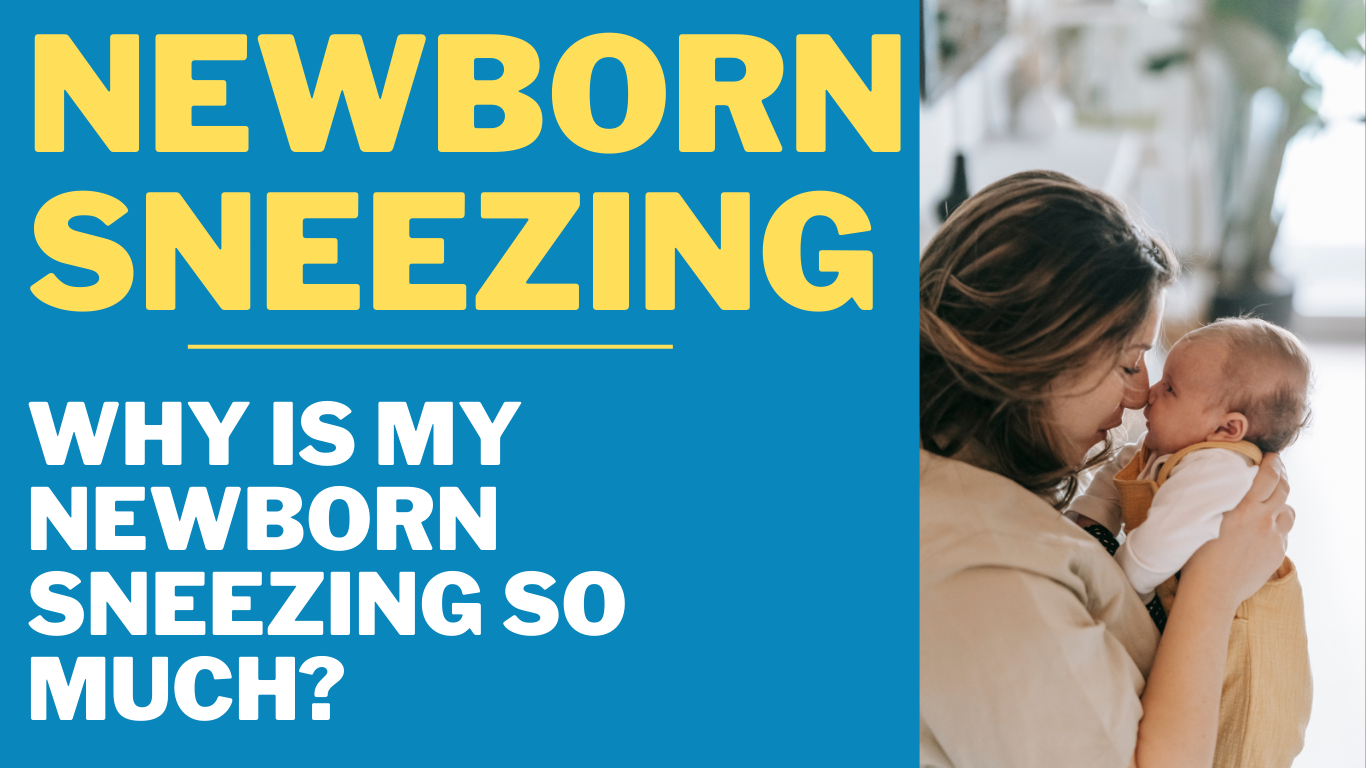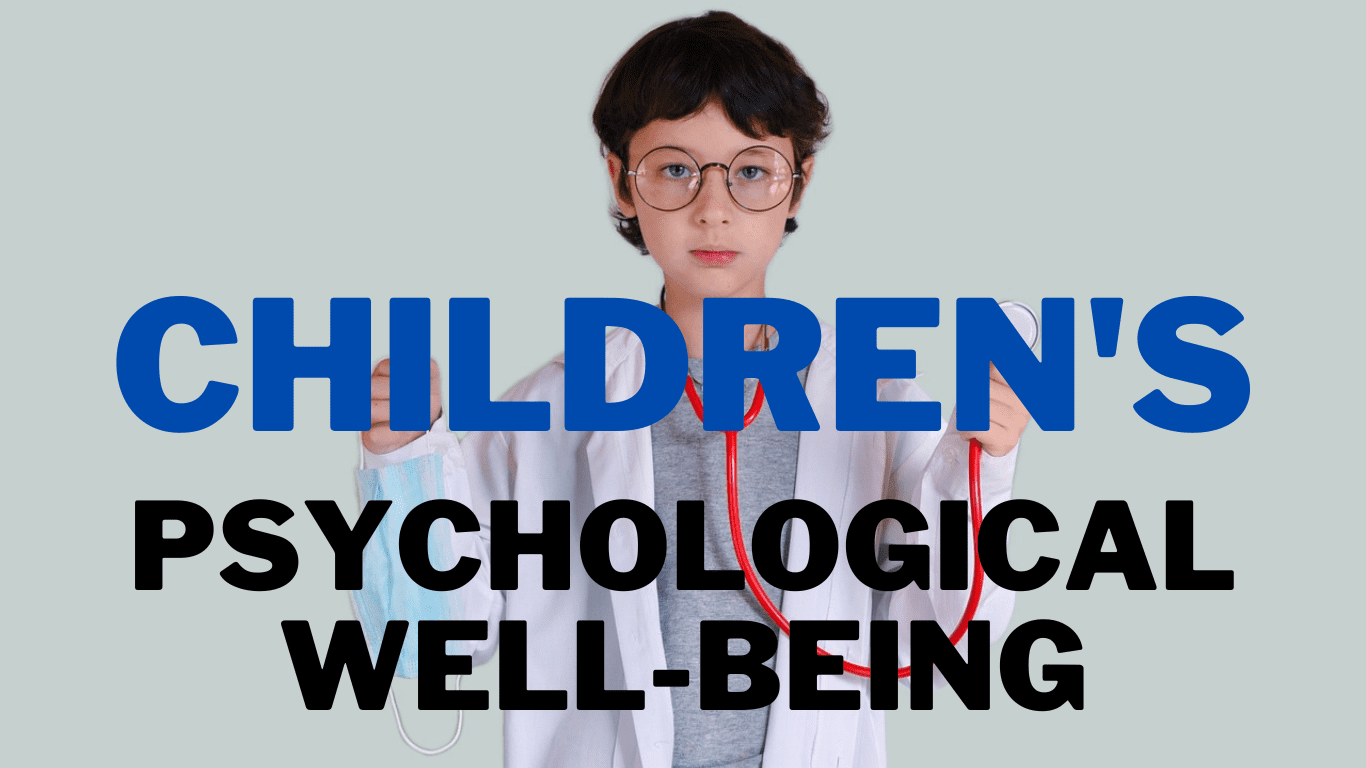“Discover the Reasons Behind Excessive Newborn Sneezing – Unraveling the Mystery of Your Baby’s Sneezes”
Deciphering Baby Sneezes: What’s Normal and When to Worry
As a new parent, every little sound and movement your baby makes can send you into a whirlwind of concerns. From the adorable yawns to the sneezes that seem to come out of nowhere, it’s only natural to wonder if something’s amiss. Is it just a harmless sneeze, or could it be a sign of trouble?
Worry not, fellow parents; we’re here to unravel the mystery of baby sneezes.
The Whys Behind the Sneezes (Newborn Sneezing)
First and foremost, it’s essential to understand that sneezing is a healthy and natural occurrence in newborns. In fact, it’s a sign that their nervous system is working correctly, as sneezing is a reflex controlled by this intricate network. Newborn Sneezing
Signs a Newborn is Sick: A Comprehensive Guide
The Cleveland Clinic offers solace to anxious parents by confirming that sneezing, along with other actions like spitting up, yawning, gurgling, hiccupping, and burping, is entirely normal for newborns. Just like in adults, sneezing in infants is a reflex triggered when their nasal passages become irritated.
Unlike some reflexes that fade as a child grows, sneezing remains a constant companion throughout life. Everyone, including babies, occasionally needs to sneeze to clear out irritants.
NURTURING MENTAL WELLNESS IN CHILDREN: STRATEGIES FOR KIDS EMOTIONAL HEALTH
Newborns, however, sneeze more frequently than adults, mainly due to their narrower nasal passages. These tiny airways are more susceptible to clogging, leading to sneezes that help clear breast milk, mucus, smoke, and even airborne dust particles. Remember, never expose your baby to smoke as it can exacerbate this issue.
Another factor contributing to newborn sneezing is that they are still adapting to breathing through their noses. Mouth breathing is a part of their developmental process, and this adjustment can trigger sneezing episodes.
Beyond Sneezing (Newborn Sneezing)
While sneezing is typically benign, it serves a vital role in protecting newborns from the plethora of germs they encounter upon entering the world. Imagine the countless germs your baby encounters when meeting relatives and well-wishers. Sneezing is one way their immune system attempts to safeguard against these invaders.
The act of sneezing clears out germs and particles attempting to infiltrate the baby’s system through the nasal passages, preventing potential illness.
Newborn Runny Nose Treatment: Common cold in babies
When Sneezing Raises Concerns (Newborn Sneezing)
Sneezing is usually a sign of a healthy newborn, but it’s not always just that. Occasionally, sneezing can signal an underlying issue. Frequent sneezing could be one of the indicators of a respiratory infection, so it’s essential to remain vigilant.
Does My Child Have Mental Health Issues
If your newborn is sneezing frequently and displays any of the following symptoms, consult a doctor promptly:
- Cough
- Difficulty breathing
- Refusal to feed
- Excessive tiredness
- Fever at or above 100.4°F
In some cases, excessive sneezing in newborns can be a sign of neonatal abstinence syndrome (NAS). This condition arises when a mother has abused addictive opiate drugs during pregnancy.
Symptoms of NAS, in addition to sneezing, may include nasal congestion, unsustained suck, tremors, and difficulty latching onto the nipple.
NAS occurs when a baby experiences withdrawal symptoms from the drugs their mother used during pregnancy, such as alcohol, heroin, or methadone. For example, one common sign of heroin withdrawal is excessive sneezing. Doctors often employ a scoring system to detect signs of NAS in babies with known drug exposure, with multiple sneezes within a short timeframe being one of the key markers.
Final Thoughts (Newborn Sneezing)
In conclusion, sneezing is a common and normal occurrence in newborns. Even if it appears excessive, rest assured that babies tend to sneeze more than adults. Nevertheless, it’s crucial to remain vigilant. If your baby exhibits additional symptoms like a runny nose or fever, it’s best to consult a healthcare professional. Your baby’s well-being is of utmost importance, and their health should always be a top priority.
FAQs for Why Is My Newborn Sneezing So Much?
- Why is my newborn sneezing so much?
- Answer: Newborns sneeze frequently as it’s a natural reflex to clear their tiny nasal passages from irritants like dust, mucus, and breast milk.
- Is excessive sneezing in newborns a sign of illness?
- Answer: Not necessarily. While sneezing is generally normal, if your baby displays additional symptoms like a fever or difficulty breathing, consult a doctor.
- Can sneezing in newborns be a sign of allergies?
- Answer: It’s unlikely as newborns are still developing their immune systems. Sneezing is more often a defense mechanism against germs.
- What should I do to help my newborn with frequent sneezing?
- Answer: Ensure a smoke-free environment, keep their surroundings clean, and consult a healthcare professional if you have concerns about their sneezing.
- When should I be concerned about neonatal abstinence syndrome (NAS) related to sneezing in newborns?
- Answer: If your baby exhibits excessive sneezing along with other NAS symptoms like tremors or difficulty feeding, seek immediate medical attention, especially if there was prenatal drug exposure.





